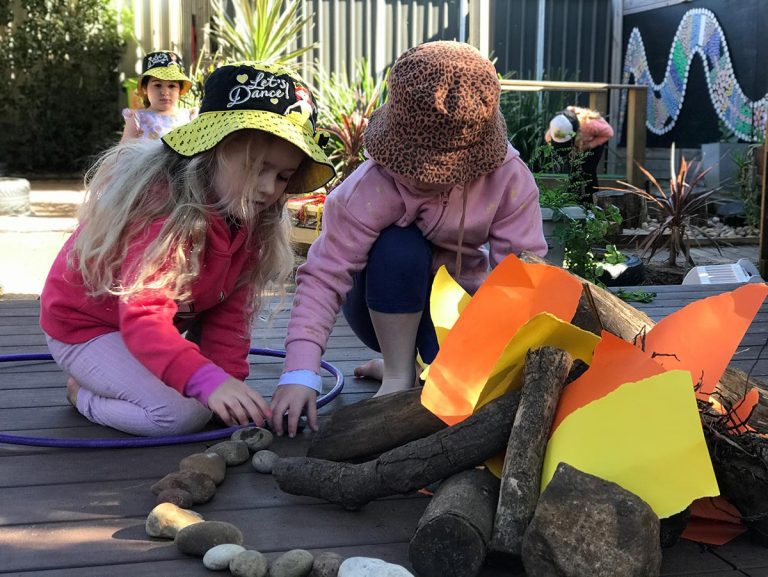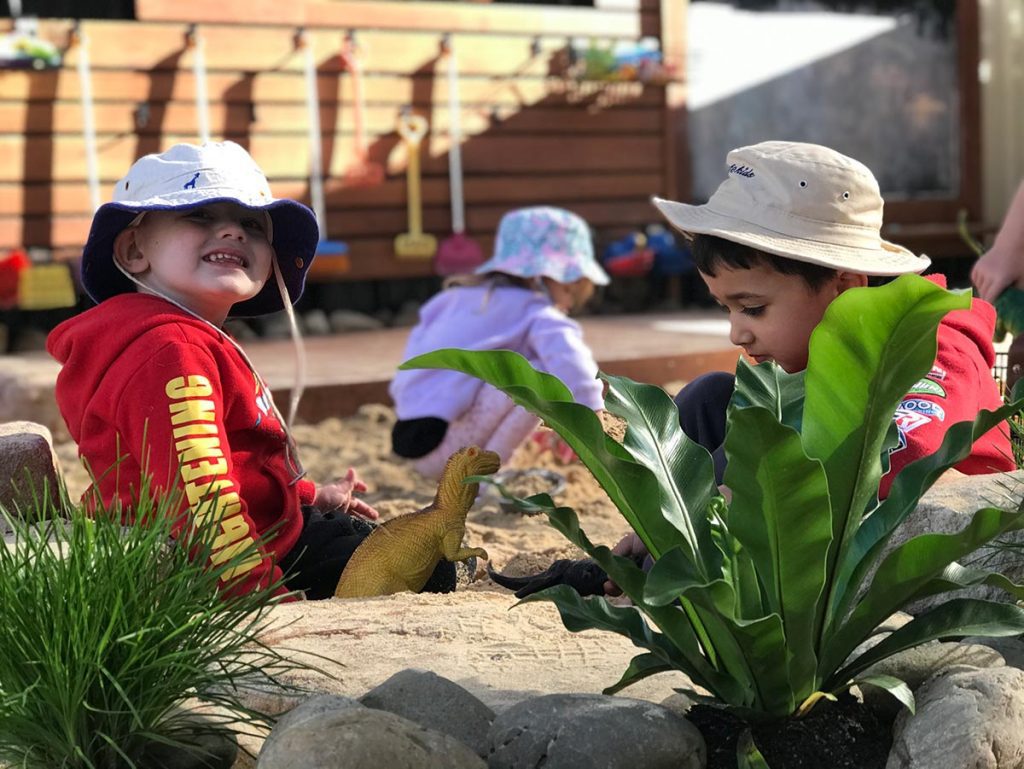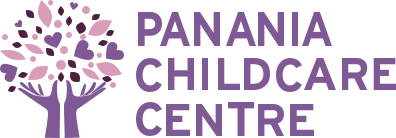Steiner inspired care at Panania Childcare
At Panania Childcare, we are inspired by the Steiner philosophy in how we educate and care for children, and we align many of the Steiner methods with the Early Years Learning Framework our curriculum is guided by. We believe a holistic approach helps children develop their social and emotional wellbeing as they discover and connect with the world around them.

Rudolf Steiner was a 20th Century Austrian philosopher. He was particularly interested in scientific approaches to the spiritual world and founded the anthroposophy movement. In 1919, Steiner was approached by a group of workers from the Waldorf-Astoria cigarette factory in Stuttgart, Germany. They had heard his lectures and were interested in Steiner applying his philosophy in an educational setting.
This was known as the ‘Waldorf School’ and was the beginning of Steiner education. That’s also why you’ll often hear the terms ‘Steiner’ and ‘Waldorf’ used interchangeably.
You’ll now find the Steiner approach in schools, kindergartens and early childhood centres all over the world.
But what is a Steiner education? And what are the benefits of a Steiner education in early childhood?
Here’s everything you need to know to decide if this is the right approach for your child.

Understanding the Steiner approach
Steiner placed a particular emphasis on the first seven years. He believed that these years play an important role in laying the foundations for healthy development. This is the first of three stages that form the Steiner approach and is a time when the focus is on creating a warm and nurturing environment for children.
At the heart of the Steiner philosophy is self-directed learning. When children direct their own learning based on their own interests, they can develop important skills such as problem solving and creative thinking. One of the benefits of Steiner education is that this helps the child to grow a love of learning, rather than relying on rewards to drive motivation.
Within Steiner education, teachers are role models, not instructors, because children learn best through imitation. They are there to support children to explore their interests, to develop trust and encourage openness.
Other principles of the Steiner philosophy include:
- Children learn through play.
- Predictable and reliable routines give children a sense of security.
- Simple toys made from natural materials are preferred over plastic toys to encourage open ended play.
- When children are able to develop their social and emotional skills, literacy and numeracy skills will come more easily.
Inside a Steiner childcare centre

Philosophy is one thing… it’s another thing to see how Steiner comes to life in an actual childcare setting.
A Steiner early childhood classroom is generally a low-tech environment with no televisions, computers or other smart technology. Instead, you’ll find simple resources and natural materials to spark curiosity and foster creativity.
Speaking of creativity, you’ll find more of the artistic activities in a Steiner curriculum than what you would find in other settings. Things like painting, drawing, singing, dancing, storytelling and theatrical role playing games or even sewing are the norm.
There is also a focus on meaningful and purposeful activities such as cleaning, cooking and gardening. This helps the children to learn through imitation as they explore their environment and develop healthy life habits.
In a Steiner childcare, you won’t find lots of traditional maths or literacy activities. Instead, the children might be introduced to mathematical concepts while they’re preparing a recipe. Storytelling and dramatic play help to develop language and communication skills which they will need for reading and writing in future years.
One of the other things you will notice in a Steiner classroom is that assessments aren’t standardised. Each child is assessed based on their own unique interests and abilities.
In this stage it is more about giving children opportunities to develop as human beings with play-based activities and creative expression before academic learning begins.
Why choose Steiner education for your child
So what are the benefits of Steiner education in the early years?
Parents who choose a Steiner education for their child, usually do so because of the emphasis that is placed on the whole child. Rather than children conforming to a busy and rigid curriculum, they are given opportunities to thrive in a calm and nurturing environment.
Children can learn at their own pace and their individual interests are encouraged. By doing this, children can learn about themselves and develop self-confidence in who they are as a person. They learn about self-expression through creativity and can do so in a safe environment with a predictable routine.
Something we’ve already touched on as a benefit of Steiner education, is that it helps children to develop an inner motivation for learning. Rather than needing ongoing rewards for learning, they have a love of learning and discovery which will stay with them for a lifetime.
In the context of an increasingly tech-driven world, many parents also value the low-tech philosophy of the Steiner approach. .


